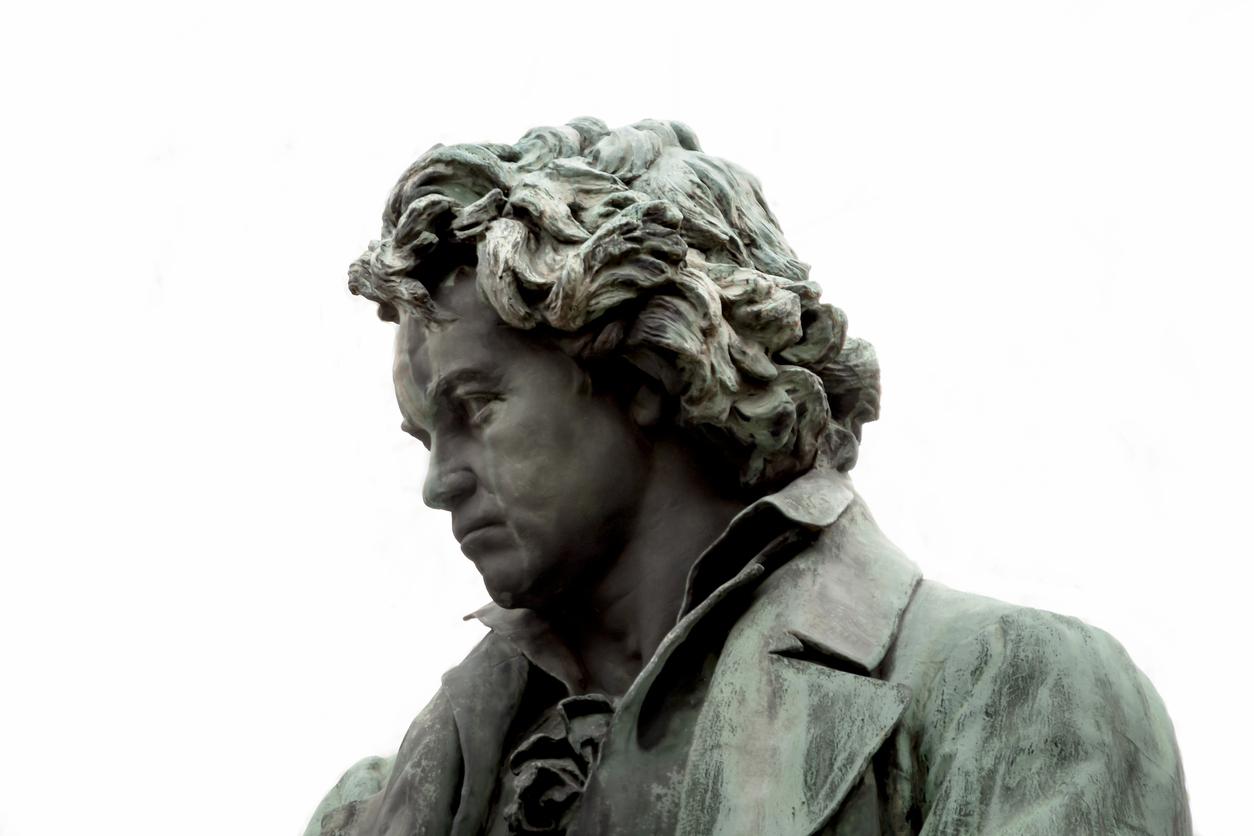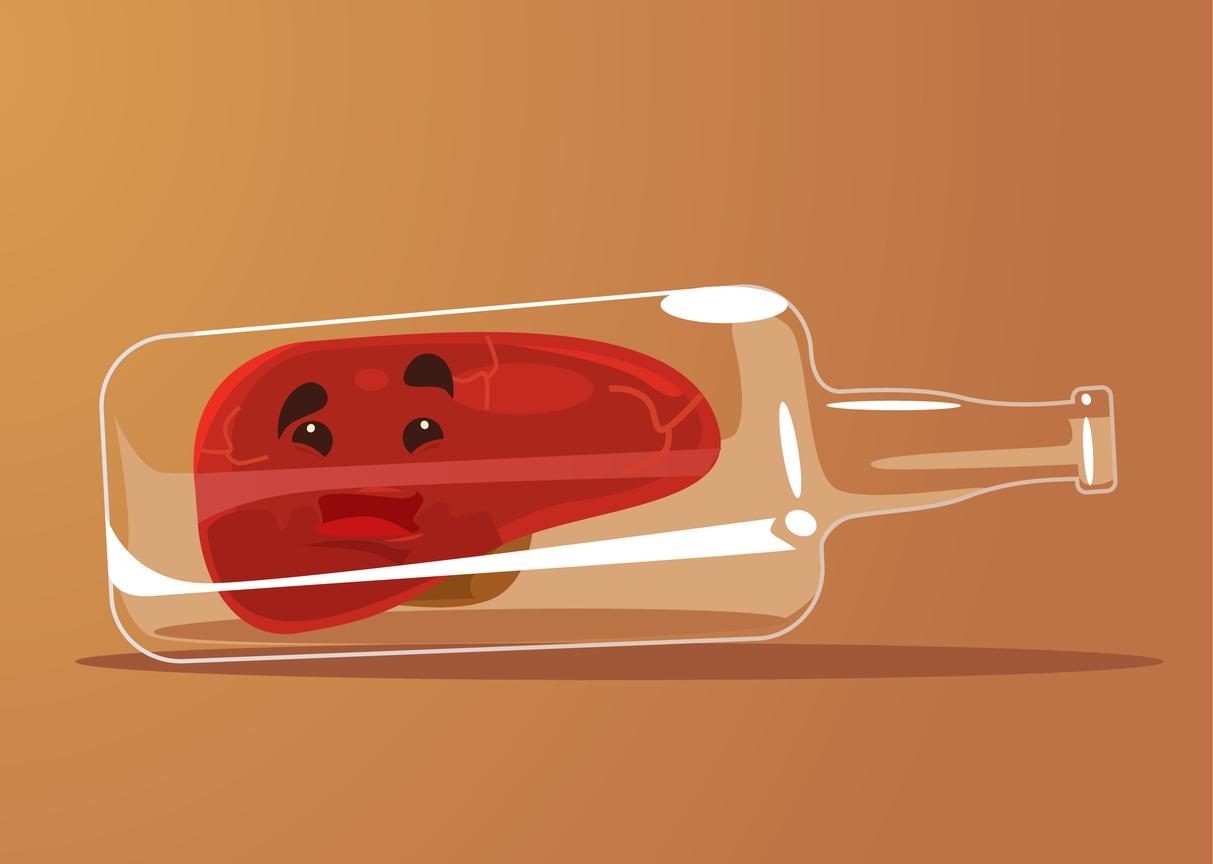German composer Ludwig van Beethoven most likely died of cirrhosis, aggravated by alcohol consumption, according to a DNA analysis of five strands of his hair.

- Researchers analyzed strands of Beethoven’s hair to determine the cause of his death.
- According to their study, the genius composer died of cirrhosis, a liver disease that leads to the loss of functions of the organ and is accompanied by multiple complications.
- We still do not know the origin of the deafness from which the musician suffered.
We know a little more about the causes of the death of the great composer of classical music, Ludwig van Beethoven, which was until then the subject of debate between specialists of the famous musician. Thanks to the DNA analysis of several strands of his hair, researchers were able to carry out their project started in 2014 and reveal his health problems.
Death of Beethoven: alcohol aggravated the composer’s liver problems
According to the study, published in the scientific journal Current Biology, Beethoven had a strong genetic predisposition to liver disease, and suffered from hepatitis B virus infection at the end of his life.
Hepatitis B is a viral infection that attacks the liver and can cause both acute and chronic disease. “The causative virus is most often transmitted from mother to child during birth and delivery, or through contact with blood or other body fluids during sex with an infected partner, unsafe injections or exposure to sharp or prickly instruments”, indicates theWHO.
These two factors probably contributed to the death of the musician, most certainly from cirrhosis, aggravated by alcohol consumption, according to AFP. cirrhosis is a serious liver disease that irreversibly damages this digestive organ. In France, it causes approximately 15,000 deaths per year and the average age of diagnosis is 55 years.
Beethoven wanted to know the causes of his death
In 1802, the composer had expressed his wish, in a letter, that his illness be described after his death and made public. “We have sought to fulfill this wish“, declared at a press conference Tristan Begg, researcher at the University of Cambridge and main author of the study, who however regrets not having been able to explain the cause of the progressive deafness of the author of the 9th Symphony.
To carry out their work, the researchers looked at eight locks of hair presented as belonging to Beethoven. They determined that five of them – covering the last seven years of Beethoven’s life – were almost certain to be authentic.
Scientists performed DNA sequencing at leipzig in Germany, in the same laboratory where the sequencing of the Neanderthal genome was undertaken in July 2006.

















